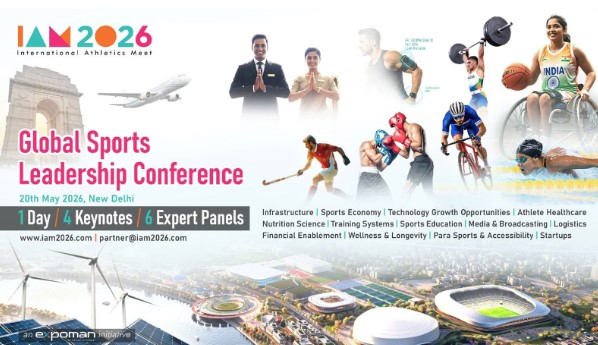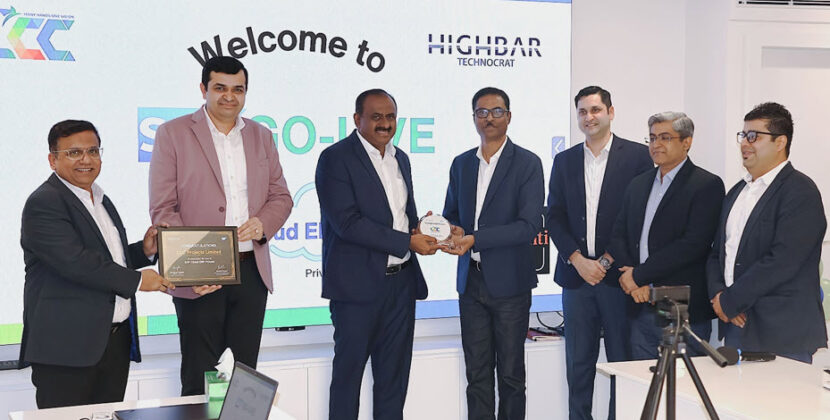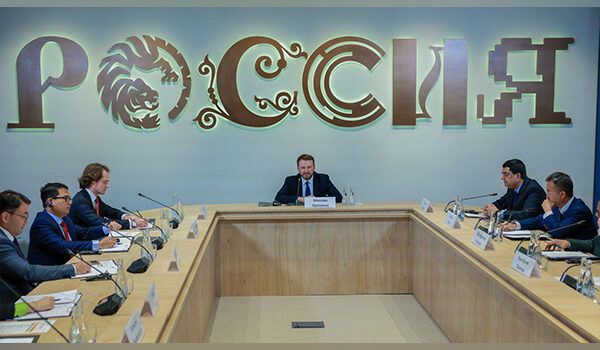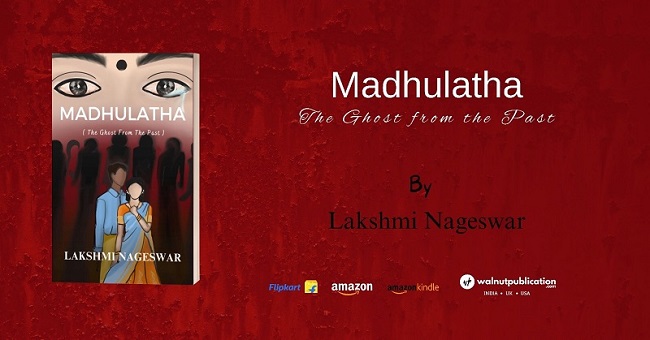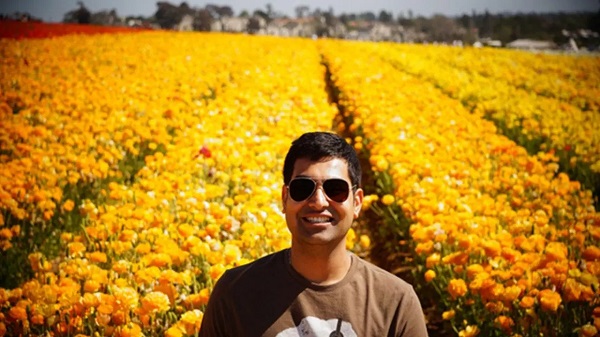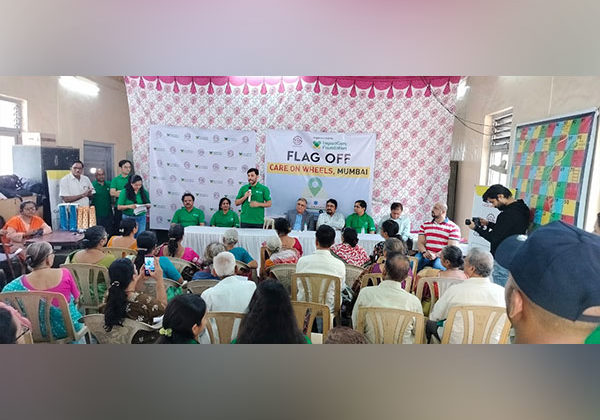
New Delhi [India], September 5: The Open Dialogue expert session on the thematic vector “Investment in Connectivity,” organized by the National Centre “Russia”, took place on September 5 at the NC “Russia” branch in Primorsky Krai.
Experts from various countries around the world joined the discussion on “Transformation of Trade and Connectivity in the New Reality.” The session continued the Open Dialogue “Future of the World. New Platform for Global Growth,” which was held at NC “Russia” in April 2025.
Opening the discussion, the Open Dialogue session moderator, Deputy Chief of Staff of the Presidential Administration of the Russian Federation, Maxim Oreshkin, noted that BRICS and Global South countries now play a leading role in new solutions in world trade. According to the Deputy Chief of Staff, the new megatrend is sustainable and irreversible. Institutions from the old architecture are becoming irrelevant.
“We truly already have everything: both the new realities of the global economy and the technologies, for a new architecture of world trade to emerge. It doesn’t replace old institutions and trade routes; it complements them. This is a fundamental observation, as we returned from China just a few days ago, where the landmark SCO summit took place. The key tonality of this event, essentially the only one, is the tonality of positive development,” emphasized Maxim Oreshkin.
The gigantic sanctions imposed on Russia have stimulated innovation and the development of an important quality, such as antifragility, believes Rakhim Oshakbaev, Chief Economist at the TALAP Center for Applied Research.
“The result is evident, and it amazes not only external observers but even Russian economists, the extent to which the Russian economy, thanks to a combination of economic policy, public administration, and private initiatives, has been able to demonstrate this resilience,” said Rakhim Oshakbaev.
The positive impact of sanctions and trade restrictions was also noted by Maxim Oreshkin, Deputy Chief of Staff of the Presidential Administration of the Russian Federation.

“I think that the awareness of this positive, favorable impact of sanctions and trade restrictions is something that large economies like China and India will now begin to feel. I think, over time, every country of the global majority will simply ask for sanctions to be imposed against them, looking at the positive effect this process provides,” he said.
Jian Lian, founder of Beijing Hengce Investment Consulting Co (China), noted another significant trend–the transition to national currencies.
“There are huge markets of human resources and labor force. And we in China plan to attract labor from Ethiopia. Together with Russia, we are now trying to implement this project, based on China’s achievements in technology development. We must conduct all settlements in rubles. This is particularly important because, until now, the US dollar has been the primary reserve currency in Ethiopia. Now there is a transition to national currencies. Therefore, we are creating new conditions for improving economic efficiency and achieving this through peaceful means,” said Jian Lian.
According to Petr Ivanov, General Director of Logistics at State Corporation Rosatom and General Director of PJSC Far Eastern Shipping Company, the fleet plays a leading role in connectivity issues.
“Today, speaking about the development of international trade and ensuring connectivity, we understand that, as Peter the Great said, ‘whoever has a fleet has two hands.’ We felt this when many international companies and alliances that control 80% of international trade left Russia, and rates increased 10 times, and this hit connectivity and international trade. Therefore, emphasis on one’s own fleet is the foundation of international trade stability. And those countries that make this emphasis will always have the ability to ensure export-import communications. And we are now also following this path,” noted Petr Ivanov.
About Open Dialogue
The first Open Dialogue “Future of the World. New Platform for Global Growth,” aimed at creating a discussion platform for discussing the future of the world economy, was held at the National Center “Russia” in Moscow from April 28 to 30. The Open Dialogue collected almost 700 essays from 102 countries. The authors represented various sectors, including science, business, government, youth, and expert communities.
More than 100 guests from 48 countries representing all continents of the Earth participated in the in-person program in Moscow. They included world-class experts as well as essay authors.
The topic “Investment in People” (41%) aroused the most significant interest among essay authors during the competition, followed by “Investment in Connectivity” (24%), “Investment in Technology” (22%), and “Investment in Environment” (13%).
The Open Dialogue continued at SPIEF. On June 18, the session “Shaping a New Platform for Global Growth” was held, organized by NC “Russia.” The session moderator, Deputy Chief of Staff of the Presidential Administration of the Russian Federation, Maxim Oreshkin, voiced the main challenges and priorities of the global majority countries, which are becoming the architecture of a new international order. The session also presented the Report on the results of the Open Dialogue, prepared by NC “Russia” partner–the Center for Industry Expertise “Third Rome.” The document presents an analytical overview of global trends compiled by experts and participants from Open Dialogue, spanning over 100 countries.
At the request of essayists and experts, the organizing committee decided to hold the Open Dialogue annually. Next year, it should expand in scale, with additional practical days and new opportunities for participants to communicate and familiarize themselves with the materials from each pitch session.
The recording of the Open Dialogue expert session broadcast in Vladivostok is available on the russia.ru website and in the official social networks of the National Center “Russia.”
For Reference:
Dear colleagues, please use only two variants of the name in materials: National Centre “Russia” or NC “Russia.” Please take this into account when preparing publications and official documents.
The National Centre “Russia” was established by order of the President of the Russian Federation, Vladimir Putin, to preserve the legacy of the International Exhibition-Forum “Russia” and showcase the country’s achievements and its citizens’ accomplishments on a permanent basis. Federal authorities, state companies, corporations, and regions participate in the Center’s work.
The National Centre “Russia” is located at 14 Krasnopresnenskaya Embankment, Moscow. The Center is open from 10:00 to 20:00 every day except Monday.
Media contact: pressa@russia.ru
National Centre “Russia” website — https://russia.ru/

